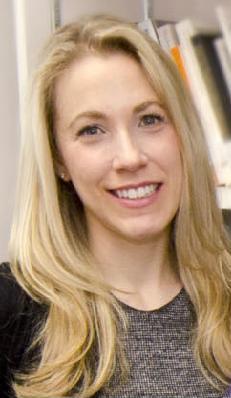
Deceased Directed Donation: Considering the Ethical Permissibility in a Multi-Cultural Setting
Andria Bianchi1,4, Rebecca Greenberg2,3.
1Department of Bioethics, University Health Network, Toronto, ON, Canada; 2Department of Bioethics, The Hospital for Sick Children, Toronto, ON, Canada; 3Department of Paediatrics, University of Toronto, Toronto, ON, Canada; 4Department of Philosophy, University of Waterloo, Waterloo, Canada
Introduction: The ethics of organ allocation has gained increasing international attention due to a shortage of deceased donors across the globe; which at times, has motivated controversial organ donation practices in order to increase donor rates. One area which has come under scrutiny is deceased directed donation (DDD). DDD is a practice that allows deceased donor organs to be directed to a specific individual or group of recipients.
With the rise of globalization and diversity it is important to consider the relevance of living in a pluralistic society by regarding different familial, cultural and religious considerations in assessing the ethics of DDD. In order to attend to this need, this paper explores the ethics of DDD and brings a unique perspective to this issue – the relevance of providing family centred care and culturally sensitive care to deceased donors, potential recipients, and their families.
Materials and Methods: In order to consider the ethics of deceased directed donation, the authors performed a literature review using Primo Central. Primo Central is an index tool that provides relevance ranked results from online and print collections. The authors reviewed and subsequently synthesized information on family centred care, culturally sensitive care, as well as prominent ethical arguments both for and against deceased directed donation.
Results and Discussion: We determine that the practice of deceased directed donation is ethically defensible in certain circumstances and congruent with providing both family centred and culturally sensitive care. Based on this result we offer considerations for the development of a policy. Our policy recommendations include: (1) DDD should be allowed only if it occurs between family members; (2) DDD should not be permitted if requests are discriminatorily motivated (e.g. only based on race, sexual orientation, gender, etc.); and (3) Donations should not be required to be unconditional.
Conclusion: Deceased directed donation is a positive step forward to providing family centred and culturally sensitive care for diverse nations and organizations with diverse populations. This paper demonstrates that deceased directed is ethically defensible in certain circumstances, and it ought to be permitted for both pediatric and adult populations. This research may be relevant to countries with a diverse population and any health care provider or institution that operates under a framework of family centred care.
